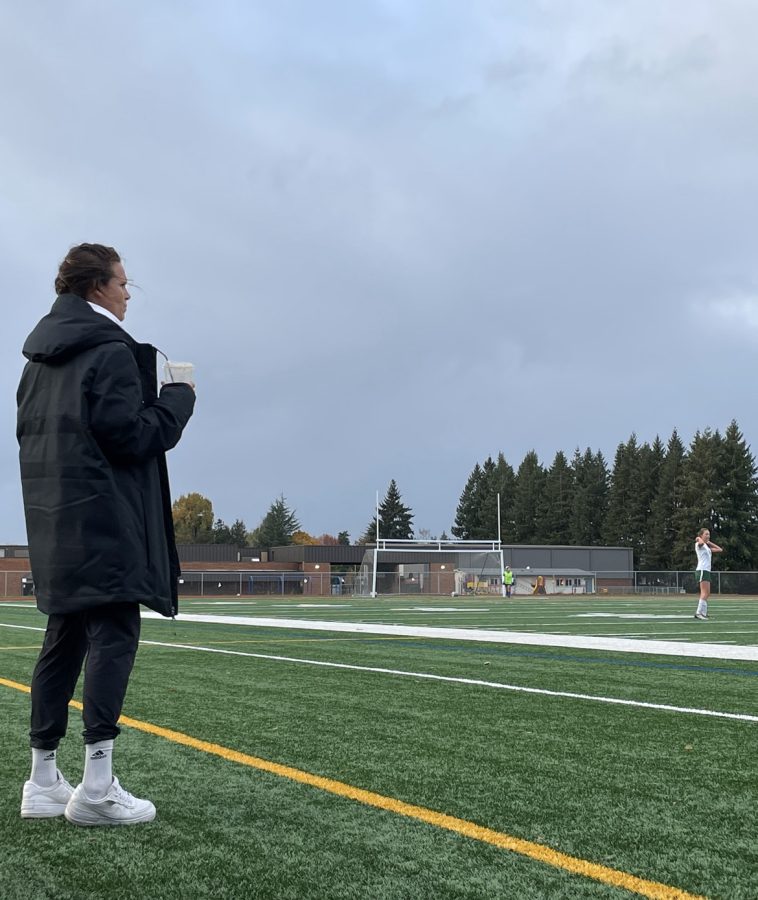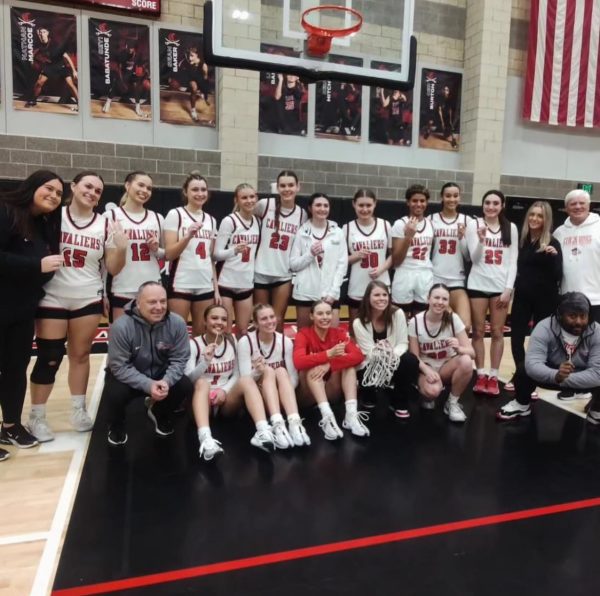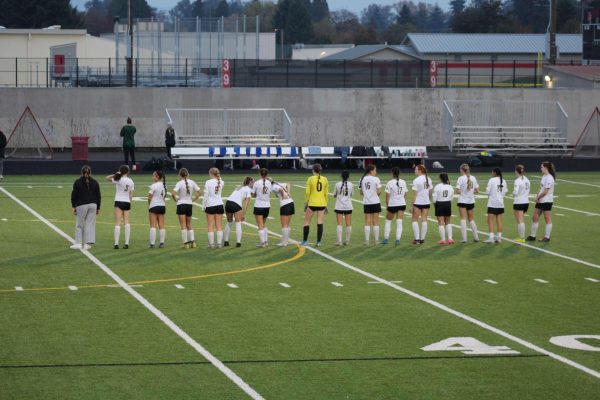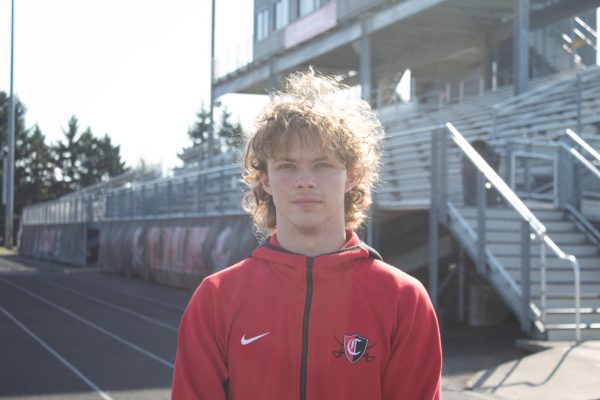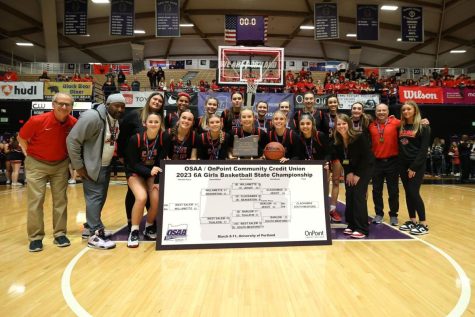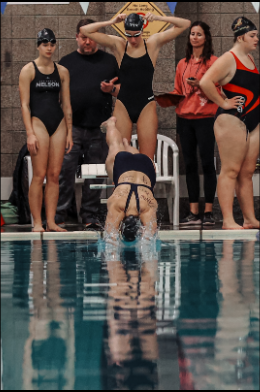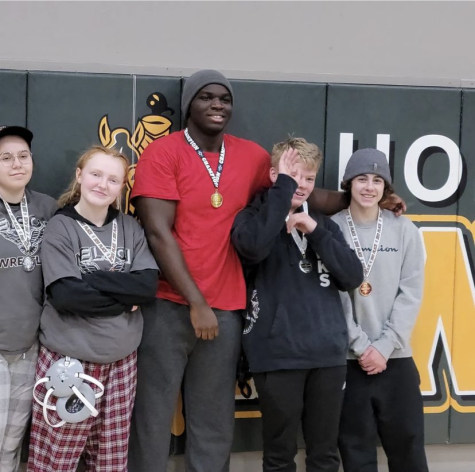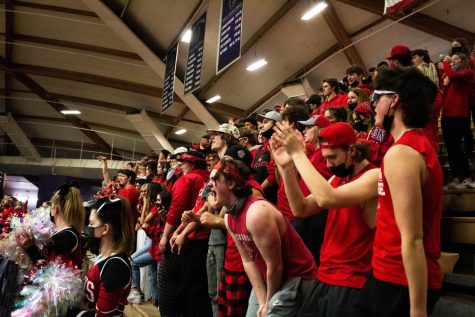Preventing Sexual Harassment Surrounding Women in Sports
With the prevalence of sexual assault in our schooling, people are wondering just how to keep their peers safe in environments that are meant to serve them. It’s extremely relevant to make sure justice is served towards those who are committing acts of violence against women in any setting, but how can we learn to understand and prevent this from occurring in the first place? It’s time to take accountability for enabling abusers and normalizing neglected action. Sports is a huge issue that is being talked about now more than ever. According to childhelp.org at least 40% of female (child) athletes have experienced harassment and abuse while playing and 2-8% of all athletes have been impacted by sexual harassment. This is a staggering amount which brings us the question: what can be done?
Emily Menges–a longtime defender on the Portland Thorns professional women’s soccer team–spoke with us briefly about this topic. In October of 2021, players formerly coached by Paul Riley on the Portland Thorns came out against him with claims of their subjection to sexual harassment. They said that they had come forward with it privately, which resulted in him being fired, but he still went on to coach other women’s soccer teams. The Thorns players were discontent with the situation being swept under the rug and Emily Menges was playing on the team while these things were happening behind closed doors. The question still stands as to just who exactly is meant to look after women in sports if the coaches are the perpetrators? Whose job was it to look behind the door?
“We were there too and we didn’t necessarily know the sexual abuse was going on, but we did normalize a lot of situations and we saw some inappropriate things; we thought it was normal. And so it’s everybody’s job, it’s my job, it’s the coach’s job. I mean, if there’s a gross abuser out there, they’re always going to be gross and abusive so it’s the people’s job to look out for everyone.”
Understanding the signs that we often dismiss in cases of sexual assault or harassment is the first big step people around a victim can make. If people are in an environment where they do not feel safe then they will not perform their best. To end this cycle of abuse we need to first end the cycle of neglect towards people suffering from it.
“The most important thing to be successful is to have confidence and to have fun. And if you’re in an unsafe work environment or if you’re being manipulated or treated abusively in any way, you’re not going to have the confidence and you’re not going to be having fun, you’re not gonna want to be there. And so, while performance and soccer is not the most important thing for a lot of players, If you are performing well, you are very happy, you are in your safe space playing the thing that you love and so if you are being abused and you’re not able to play the sport that you love, it’s going to affect a lot of different areas of your life. ”
Like Emily states, the signs of abuse will affect a person in all sorts of ways. Being hypersensitive to the people you surround yourself with will help you see the inconsistencies in their behavior or actions. Going out of one’s way to make sure that the environment they are in is safe, in turn, helps to keep everyone around them safe. Often people subjected to abuse or harassment feel too embarrassed to come forward. They may feel as though it’s their fault or that the people around them won’t believe them. Trusting a victim when they come forward with their experience helps to stomp out that stigma.
When the women came out about their experiences with Paul Riley many U.S teams were outraged. Players in the NWSL stopped the game in honor of the victims and to show their solidarity. Emily mentioned how the amount of support that they got, from both their teammates and fans, was overwhelmingly uplifting and blew up much bigger than she had ever imagined it would.
“Honestly, I think making sure the environments that you’re in don’t have this going on, because if everybody could do that, for example, like making a small checklist and maybe checking in with everybody or maybe making sure that if anybody felt like there was a problem they knew where they could go to. ”
Noticing the signs of abuse and doing everything in your power to support the victim is something we as a community can do. It is everyone’s responsibility to know the signs of abuse in any situation, especially under the supervision of someone we may trust.

